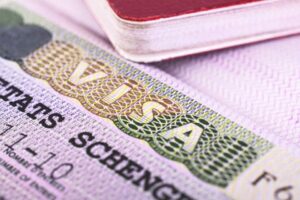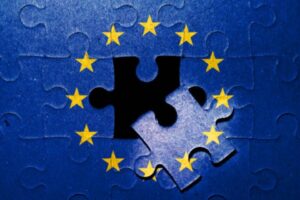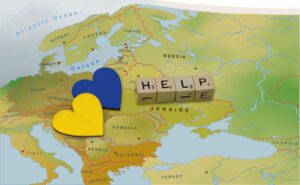The European Commission has approved a €250 million recapitalization bill to be allocated to airBaltic, Latvia’s main airline. The recapitalization is expected to take force in July 2020.
The bill comes in response to Air Baltic being hit particularly hard by the COVID-19 crisis and is intended to keep Latvia connected internally and externally. AirBaltic is Latvia’s main airline for transportation and trade and plays a critical role in the Latvian economy, connecting people to business hubs in Europe and around the world as well as significantly contributing to foreign trade.
“AirBaltic plays a key role for the Latvian economy. It contributes to foreign trade and to ensuring Latvia’s domestic and international connectivity. The crisis has hit this airline, as many other companies in the aviation sector, particularly hard. The €250 million Latvian racapitalisation measure will help airBaltic weather the crisis. At the same time, the measure ensures that the State is sufficiently remunerated for the risk taxpayers assume, and that the support comes with strings attached, including a dividend ban as well as further measures to limit distortions of competition. We continue working in close contact and cooperation with Member States, to find workable solutions to mitigate the economic impact of the coronavirus outbreak, in line with EU rules,” saidExecutive Vice-President Margrethe Vestager, who is in charge of competition policy.
AirBaltic is the largest airline in Latvia, housing its main hub in Riga.
The main shareholder of the company is the Latvian State, which currently holds around 80% of the airline. After the recapitalization, participation of the State will increase to above 96%.
In a press release published by the European Commission, the Commission set the following conditions for airBaltic in order to receive the recapitalization money:
- “The measure will not exceed the minimum needed to ensure the viability of airBaltic and will not go beyond restoring its capital position to before the coronavirus outbreak.”
- “The State will receive an appropriate remuneration for the investment and there are additional mechanisms to incentivise airBaltic to buy back the State’s equity participation obtained as a result of the recapitalisation, such as step-up mechanisms triggered if such participation is not redeemed after five and seven years.”
- “Until the State has exited in full from its equity investment resulting from the recapitalisation, airBaltic is subject to bans on dividends and share buybacks. Moreover, until at least 75% of the recapitalisation is redeemed, a strict limitation of the remuneration of their management, including a ban on bonus payments, is applied. These conditions also aim at incentivising airBaltic to buy out the shares owned by the State as soon as the economic situation allows.”
- “To ensure that airBaltic does not use the aid by the State to the detriment of fair competition in the Single Market, until at least 75% of the recapitalisation is redeemed, airBaltic is prevented from acquiring a stake of more than 10% in competitors or other operators in the same line of business.”
- “airBaltic will have to publish information on the use of the aid received, including on how the use of the aid received supports the company’s activities in line with EU and national obligations linked to the green and digital transformation.”
It is still unknown exactly when airBaltic is expected to repay the recapitalization bill passed by the Commission.















